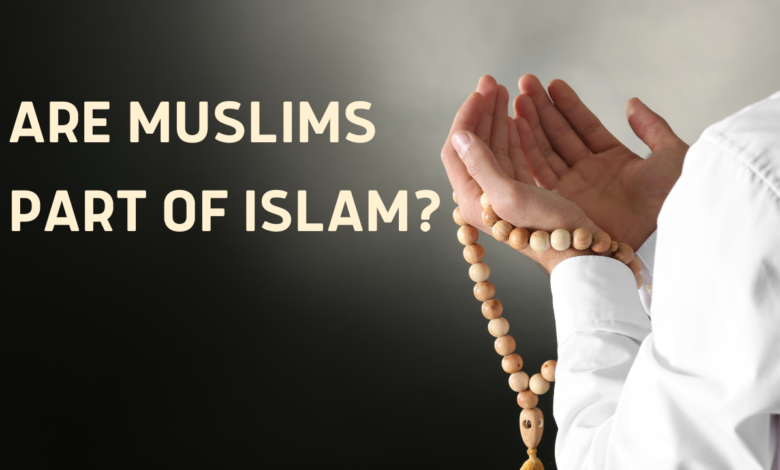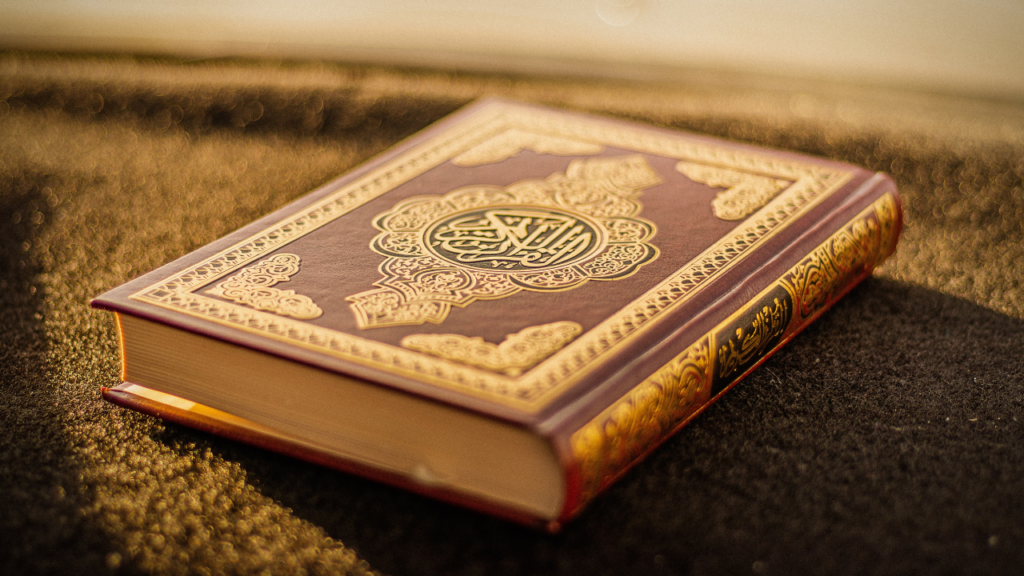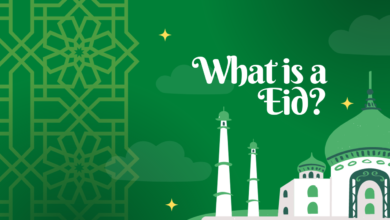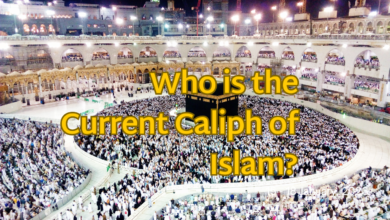Are Muslims part of Islam?
Exploring the Inseparable Bond Between Muslims and Islam

Are Muslims part of Islam?
Muslims are the adherents of Islam. They follow the teachings and practices of the Islamic faith, making them an integral part of Islam.

Introduction
The question of whether Muslims are a part of Islam might appear baffling at first glance. After all, Islam is one of the world’s major religions, and Muslims make up a significant portion of the global population. However, a deeper exploration of this topic can shed light on the multifaceted relationship between individuals who identify as Muslims and the faith of Islam itself.
Defining Islam
Before delving into the question at hand, it’s crucial to establish a clear understanding of what Islam is. Islam is a monotheistic Abrahamic religion founded on the teachings of the Prophet Muhammad, as recorded in the Quran and Hadith (sayings and actions of the Prophet). It encompasses a comprehensive belief system, religious practices, moral principles, and a code of conduct for Muslims.
Also check.
- Which types of Relations are Haram in Islam?
- What is Islam and Iman?
- What is Indo Islamic Culture?
- What’s the difference between Catholic and Christian?
- What is a Eid?
The Connection Between Muslims and Islam
Religious Foundation:
At its core, Islam is an Abrahamic religion based on a set of beliefs and practices outlined in the Quran and the Hadith (sayings and actions of the Prophet Muhammad). Muslims derive their religious identity from these sacred texts and consider them the ultimate source of guidance. The Quran, in particular, serves as the cornerstone of the faith and provides a comprehensive framework for Islamic belief and practice.
Cultural and Social Bonds:
Muslims share a rich and diverse cultural heritage, which is influenced by the religion. This includes art, architecture, literature, music, and cuisine. Islamic traditions, such as Eid al-Fitr and Eid al-Adha, are celebrated worldwide, fostering a sense of unity among Muslims. The shared rituals and cultural practices serve to strengthen the connection between the Muslim community and their faith.
Historical Evolution:
The historical evolution of Islam is intricately linked with the actions and experiences of Muslims throughout history. From the expansion of the Islamic empire to the establishment of various schools of thought and jurisprudence, Muslims have played a central role in shaping the course of Islamic history. Their efforts, struggles, and achievements have contributed to the development and interpretation of the religion.
Religious Scholarship and Interpretation:
The practice of Islam involves a continuous process of interpretation and adaptation to contemporary contexts. Scholars and theologians within the Muslim community play a vital role in this process. They provide guidance and insights into how Islamic teachings can be applied in modern society while remaining true to the faith’s core principles. The diverse array of perspectives within the Muslim community contributes to a rich tapestry of religious thought.
Conclusion
In essence, Muslims are an integral part of Islam, and the two cannot be separated. The faith of Islam provides a framework for belief and practice, while Muslims, as its adherents, live and interpret this faith within the context of their individual and collective experiences. The connection between Muslims and Islam is multifaceted, encompassing religious, cultural, historical, and social dimensions. This intricate relationship is what defines the Muslim experience and underscores the importance of recognizing the inseparable bond between Muslims and their faith.

FAQs
What is the relationship between Muslims and Islam?
Muslims are the adherents of Islam. They follow the teachings and practices of the Islamic faith, making them an integral part of Islam.
Can someone be a Muslim without practicing Islam?
The term “Muslim” typically refers to someone who follows the Islamic faith. While the level of religious observance may vary, a Muslim is someone who identifies with and believes in the core tenets of Islam.
Are there different sects or interpretations of Islam among Muslims?
Yes, there are various sects and schools of thought within Islam, each with its own interpretations and practices. This diversity is a testament to the rich tapestry of Islamic tradition.
Are all Muslims the same, or do they have different cultural backgrounds and traditions?
Muslims come from diverse cultural backgrounds and traditions. Their experiences and practices may vary, but they share a common faith in Islam.
What is the significance of the Quran and Hadith for Muslims in relation to Islam?
The Quran and Hadith are fundamental sources of guidance and inspiration for Muslims. The Quran is the holy book of Islam, and the Hadith contains the sayings and actions of the Prophet Muhammad, serving as key references for Islamic belief and practice.
How do Muslims contribute to the development of Islam as a religion?
Muslims have played a central role in the historical evolution of Islam. Their efforts, scholarship, and interpretations have influenced the development of the faith and its adaptation to changing circumstances.
What are some cultural practices that Muslims share as part of their faith?
Muslims worldwide share cultural practices such as religious holidays (Eid al-Fitr, Eid al-Adha), dietary laws (halal), and architectural styles in mosques. These practices serve to foster a sense of unity and cultural identity among Muslims.
Can non-Muslims have a deep understanding of Islam and Muslims?
Non-Muslims can certainly gain a deep understanding of Islam and Muslims through academic study, dialogue, and interactions with Muslim individuals. Respect, openness, and an unbiased approach are essential to building a more comprehensive understanding.
Are there organizations or institutions that promote interfaith dialogue and understanding between Muslims and people of other faiths?
Yes, there are numerous organizations and initiatives dedicated to fostering interfaith dialogue and understanding among Muslims and individuals of different faiths. These efforts aim to build bridges and promote peaceful coexistence.
Is it possible for someone to convert to Islam and become a Muslim, even if they were not born into the faith?
Yes, Islam welcomes converts, and individuals from diverse backgrounds can choose to embrace the faith. Conversion to Islam typically involves a declaration of faith known as the Shahada, which signifies a person’s acceptance of the Islamic faith.




